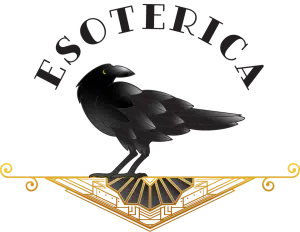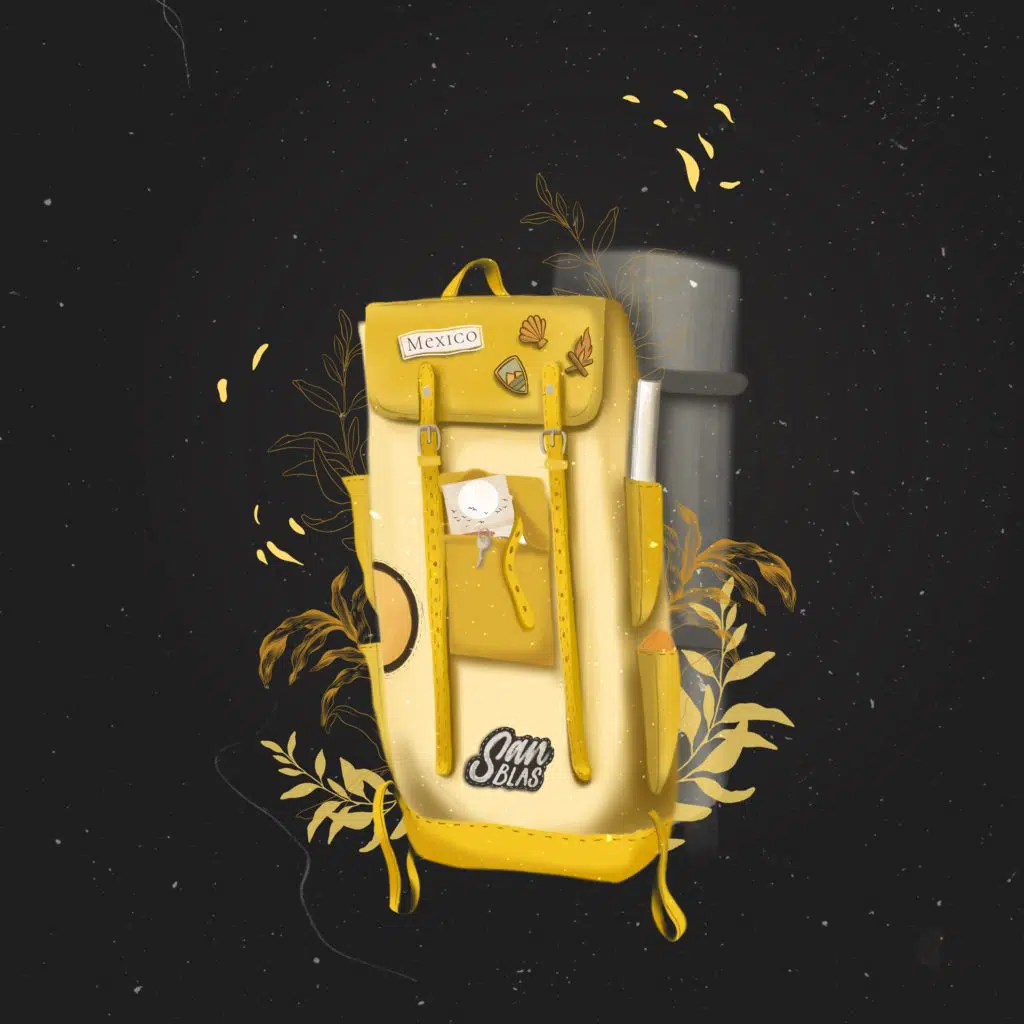By David Bassano,
That last summer in Mexico I was in the altiplano, or high plains, where the peyote grows. There were little villages of adobe here and there among the Joshua trees and hippies from Europe looking for peyote in the dry scrub brush. I considered going out to find some, but wasn’t really in the mood.
I’d been all over Latin America that year with a backpack and a tent but no itinerary. I stayed in hostels when I was in a city; in the countryside, I slept in my tent and roasted corn from the farms on a campfire. Sometimes I met campesinos in the villages although many of them, especially the older women, didn’t like talking to foreigners.
In the hostels I met many young people trekking through Latin America or even around the world. Most of them were out for several months or a summer, or were right out of college, and blogged about their trips. When they got home they’d stay at their parents’ house until they got a job and settled down. Some of them could be pretty annoying, because they thought their trip was supposed to be a golden summer they’d remember when they were older and had many responsibilities, so they were desperate to have as much fun as they could before they went home and got old and the opportunity was lost. They were depressed and irritated if every day wasn’t the best day of their lives.
There was another kind of traveler in Latin America. We had been down there a long time and only made occasional trips to the States, if we went at all. Our Spanish was pretty good. We were older and all of us knew certain ways of making money without going home. I always recognized one of us when we met. We were quieter, didn’t take pictures, and never discussed future plans. Neither did we say much about our lives back in the States. Sometimes a young backpacker would learn a bit too much in Latin America and start to become like us. Most often they went home when that happened.
I preferred the company of the young trekkers. They were a lot more fun. They were always up for a good time and you could usually convince them to buy you a drink. The girls were my favorites. I’d meet them in the hostels and we’d go out to dinner or some tourist site, and afterward I’d get us a hotel room if I had the money. If I didn’t, we’d hitchhike into the countryside to go camping in the mountains, or near some ruin or Indian sacred site, and I’d have her in my tent and it wouldn’t cost me very much.
“I love staying in hostels,” one girl told me. “You meet people and you hang out with them for a day or two, and then you move on. You never get a chance to get sick of them.”
That last summer, I clubbed together with a few backpackers, and we bought an old pickup truck from a farmer in Chiapas. He needed the money badly so we were able to beat him down pretty good. It was me, two Aussie guys, and a German girl. The girl’s name was Amelie. We drove up the Pacific Coast, staying in little fishing villages and sleeping on the beach. The Aussies wanted to go to Puerto Escondido because they were surfers. When we got there we stayed in a hostel, and the guys spent most of their time surfing. Amelie could surf and went out with them a couple times and also went swimming with me. I bought a heavy pole and tackle and taught her how to fish in the surf. We caught some bonito and sea bass and cooked them over fires of driftwood and coconut shells on the beach.
When we finally got up to San Blas, the Aussies had to move on to Southern California and Amelie stayed with me. We slept together on the beach where Indians came to make offerings to the sea. Then we drove the pickup inland to Guadalajara and north into the Sierra Madre Mountains and camped in the woods. The mountains sure were beautiful there and the air was cool and clean.
I remember Amelie better than any of the others. She had blonde dreadlocks and pale blue eyes. Her clothes were usually dusty and rumpled, but she was beautiful. She was quiet and intelligent and sad. She’d sit and stare silently for a long time, thinking. I once tried to get her to talk about it but she wouldn’t. At night in my tent we’d lay with our bodies together wrapped in a fleece blanket, and she’d sleep with her arms around me all night without letting go.
By the time we got up to Valparaiso we were both about broke. She had her return ticket from Mexico City, and planned to stay with her sister when she got back to Frankfurt. I drove her to Fresnillo, bought her a bus ticket to Mexico City, and saw her off at the station. I gave her the rest of my money for food.
Now I was broke and hungry and alone, and the tequila was gone and I was driving through the altiplano near Real de Catorce on the last of the gas. I figured I’d sell the truck in Matehuala and use the money to get back to the States. Matehuala is only twelve hours from Texas by bus. Back in the States, I’d sell the Indian jewelry I’d picked up in the Yucatan. If I shared a place with someone I could make some money quickly working in a restaurant or a campground, or if I was lucky, in a sporting goods store or a tackle shop, because it paid better. Then I’d be back down south soon. I’d been in this jam before and had gotten out of it.
This time, though, I knew that money wasn’t really my problem. I’d felt the problem in my gut for a long time but now I knew it in my head, too. Seeing Amelie off at the station only made it clearer. And none of the tricks I knew were going to get me out of it.
So now I was driving towards Matehuala, very hungry, and saw an old woman walking down the road miles from anywhere. I stopped like you always do in rural Mexico.
“Where are you going?” I asked.
“Estacion Catorce,” she said.
“I will take you there.”
I opened the door and she climbed in with some difficulty. It was well over a hundred outside and she looked about seventy. I turned on the air conditioning for her.
I turned around and headed for Estacion. I had stopped there a few times on my way to Real de Catorce. I told her my name and she told me hers was Margarita.
“Where are you from?” I asked.
“Poblazon.”
I didn’t know Poblazon, but there were many tiny villages up here with only thirty or forty people living in adobe houses. Many had no electricity, running water, or phones.
“You have family in Poblazon?” I asked.
“My son is in the United States,” she said. “My husband is gone.”
“Lo siento.” It was a common story out here. The husband might be dead or he might have gone to the States years ago for work and then found another wife. Her son was probably sending her a little money.
We reached the turn for Estacion.
“Where would you like to go?” I asked. “Do you have friends here?”
“No, I’m going for food.”
I drove her to one of the two general stores where she could get whatever she needed. I had used it myself in the past. The owner was a young woman named Lucia.
“How far is it back to Poblazon?” I asked Margarita.
“Ten kilometers.”
“It will be hard for you to carry the bags back.”
She shrugged. “There is no bus.”
“I will drive you back, Doña Margarita. It is too far to walk.”
I followed her through the store while she shopped from a list. She was very careful about what she bought and took a long time. Lucia knew her and talked with her for a while.
After she paid I put the plastic bags in the back of the truck and got back on the highway through the low scrub brush with the mountains on our right. She showed me the turn for Poblazon and I went up the long gravel road to the village at the foot of the mountains.
Her home was a typical three-room adobe casa with no electricity or plumbing. I helped her carry the bags inside. There was a plastic table and a couple of chairs, and her bed in the room to the right with a painting of Jesucristo over it. On the side of the house, under an awning, was a brick oven.
“I wish there was something more I could do for you,” I said.
“Thank you, joven,” she said. “You have helped me a lot.”
“I am glad I could. I will go to Matehuala now.”
“Do you want some cafe?” she asked.
“I need to get to Matehuala before night,” I said. “But otherwise I would stay.” I needed to sell the truck to a used lot or else I’d spend another night sleeping in it, and Matehuala was not the place to do that.
“Si, si. Andele, joven.”
“Vaya con Dios.”
I drove back up the gravel road with a herd of goats on my right. They were eating the mesquite seeds from the ground. When I got to the intersection I made the right for Matehuala.
I went down the road a few minutes before I noticed how I felt, and I was surprised. It was like when the wind comes behind the rain and blows off the clouds, and everything is clean. I kept driving, not thinking, just feeling it.
When I got back to the States I remembered that feeling and where it had come from. When I made my next decisions, I made them so they’d get me back to that feeling. I volunteered teaching English to Latino immigrants. Because of that, I met people I wouldn’t have met otherwise, found new uses for my time. Things changed for me and I changed with them.
I don’t think of myself as a very intelligent person. When I look back on my past I don’t see too many good decisions. But the good ones erased a lot of bad ones before them.
David Bassano is a History professor at Brookdale Community College in New Jersey. He is also a human rights activist, an author of academic and literary works, and an avid hiker and cyclist. Trevelyan’s Wager, published by Harvard Square Editions, is his first novel. You may learn more about him and his work at: https://www.facebook.com/davidbassanoauthor/

